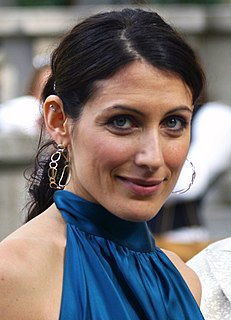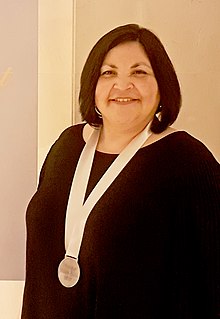A Quote by Natasha Rothwell
When you're a writer, there is a selflessness that has to happen; you have to have equity with how you treat each of the characters and the information you bring into the room.
Quote Topics
Related Quotes
Because of the routines we follow, we often forget that life is an ongoing adventure. . . Life is pure adventure, and the sooner we realize that, the quicker we will be able to treat life as art: to bring all our energies to each encounter, to remain flexible enough to notice and admit when what we expected to happen did not happen. We need to remember that we are created creative and can invent new scenarios as frequently as they are needed.
I learned to write from reading. I had no writing classes. It's part of my thinking as the writer-author, reading, but then I also want to bring this into my characters, who also read and think. There's that great quote from Virginia Woolf - it's very simple: "...books continue each other." I think when you're a writer, you're also, hopefully, a reader, and you're bringing those earlier works into your work.
Many writers struggle with exposition in their novels. Often they heap it on in large chunks of straight narrative. Back story – what happens before the novel opens – is especially troublesome. How can we give the essentials and avoid a mere information drop?
Use dialogue. First, create a tension-filled scene, usually between two characters. Get them arguing, confronting each other. Then you can have the information appear in the natural course of things.




































